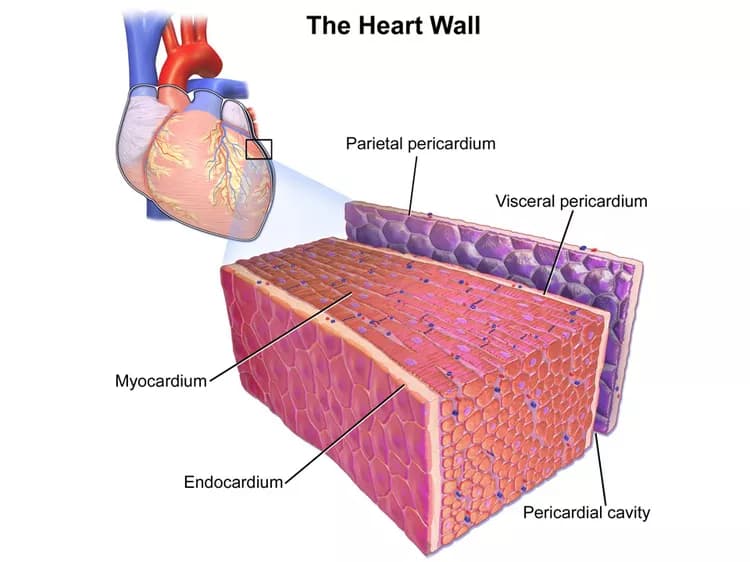
High Prevalence Of Preclinical Heart Failure In The Population
According to a recent study of Framingham Study participants, nearly 60 percent of people have prevalent preclinical heart failure (HF) stages A and B. Heart failure occurs when the heart muscle is weakened and cannot pump enough blood to meet the body's needs for blood and oxygen. In addition, individuals with stage B HF had greater circulating concentrations of cardiac stress biomarkers levels, putting them at increased risk for death.
The findings, which appear online in the journal Heart Failure, underscore the importance of targeting prevention efforts at the earliest HF stages to avoid death.
The American Heart Association/American College of Cardiology (AHA/ACC) has categorized HF into three stages (A, B, C/D) with A and B being preclinical phases, meaning they are characterized by elevated risk of HF without the actual condition.
Researchers from Boston University School of Medicine (BUSM) evaluated 6,770 participants (average age 51 years, 54 percent women) from the Framingham Heart Study.
"We found a higher proportion of men were classified into more advanced HF stages compared with women and that the prevalence of HF stages increased with age. Of note, nearly 38 percent of people between ages 65 to 75 years and 43 percent of those older than age 75 years had evidence of preclinical HF stage B. Additionally, 32 percent of people less than 55 years of ages were classified as stage A HF," explained corresponding author Vanessa Xanthakis, PhD, assistant professor of medicine and biostatistics at BUSM and an Investigator for the Framingham Heart Study.
According to the researchers, given the high morbidity, mortality and health care costs associated with HF, prevention is a public health priority. "In this context, knowledge of the burden of precursors of HF in the community is a fundamental prerequisite to screen for and prevent the condition," she added.
Xanthakis believes the findings may serve as a dire prediction of a substantial rise in the morbidity and mortality resulting from HF in the community in the future. "The likelihood that most individuals with stage B HF will die of non-cardiovascular disease causes before they experience overt HF underscores the importance of targeting prevention efforts at comorbidities at the earlier HF stages to avoid death," she said.
The above post is reprinted from materials provided by Boston University Medical Center. Note: Materials may be edited for content and length.
Disclaimer: DoveMed is not responsible for the adapted accuracy of news releases posted to DoveMed by contributing universities and institutions.
Primary Resource:
Nayor, M., Enserro, D. M., Vasan, R. S., & Xanthakis, V. (2016). Cardiovascular Health Status and Incidence of Heart Failure in the Framingham Offspring Study. Circulation: Heart Failure, 9(1), e002416.
Related Articles
Test Your Knowledge
Asked by users
Related Centers
Related Specialties
Related Physicians
Related Procedures
Related Resources
Join DoveHubs
and connect with fellow professionals

0 Comments
Please log in to post a comment.